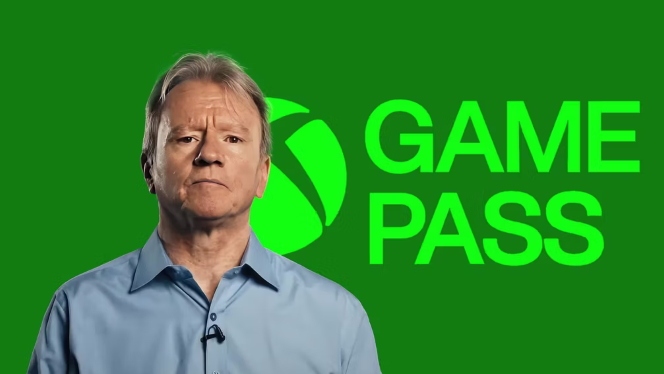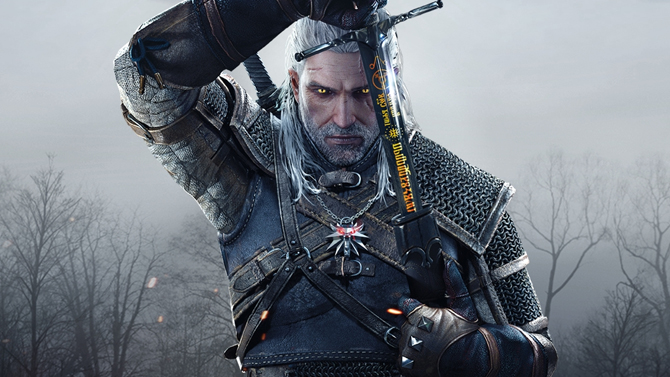In his testimony in FTC v. Microsoft, Sony Boss Jim Ryan claims that Xbox Game Pass is “destructive” and disliked by publishers.
Speaking on the third day of the US Federal Trade Commission (FTC) v Microsoft court case, Sony executive Jim Ryan spoke through recorded testimony. Among other things, he criticised Xbox Game Pass and claimed that publishers dislike it. Although the court case is linked to Xbox’s acquisition of Activision Blizzard, everything from Microsoft’s Game Pass model to the market relevance of the Nintendo Switch came up as different talking points.
Specifically, Ryan’s remarks were made as part of a video testimony where Microsoft’s lawyer was asked about a meeting that took place after Microsoft announced its intention to acquire Activision Blizzard.
That meeting was about a month later, where Ryan spoke to PlayStation Investors. As reported by VGC, Microsoft’s lawyer relayed that Ryan told the investors that he had spoken to “all the publishers” and that they “unanimously don’t like Game Pass because it destroys value”. Microsoft’s lawyer asked if this was true, to which Ryan replied that he believed it was true. The lawyer then asked whether Ryan had actually spoken to all the publishers. Ryan’s answer was simple: he stated that he talks to publishers constantly and that ‘this is a very commonly held view by publishers for many years’.
Of course, ‘all’ is difficult to quantify. Many indie developers, for example, have praised Xbox Game Pass and Microsoft’s support for a game released on it. On the other hand, it has been publicly noted in the past that Xbox Game Pass can cannibalise sales to some extent, and perhaps this is what Ryan is referring to in the case of AAA publishers launching their games on Xbox Game Pass. From a consumer perspective, at least, however, it is no coincidence that Xbox Game Pass has as many subscribers as it does. Ultimately, it remains up in the air how this experiment will end and what role Xbox Game Pass will continue to play, among other things.
However, much previously secret information has been revealed due to the court proceedings. These include, among others, Microsoft considering buying up gaming giants such as Sega and Bungie, Sony being wary of handing PlayStation development kits to Activision for future Call of Duty games, Bethesda’s concern when it learned that Call of Duty would be multiplatform, confirmation that IO Interactive’s Project Dragon would be Xbox-exclusive, and much, much more. It’s likely to continue in the coming days.
So, Jim Ryan says Starfield’s Xbox exclusivity is not a problem?!
PlayStation boss Jim Ryan has made a surprising admission that he doesn’t think Starfield’s Xbox exclusivity is “anti-competitive”. You may recall the potential exclusivity of the Call of Duty franchise was an essential topic of regulatory analysis of the acquisition. Ryan stated that a major release such as Starfield exclusivity could influence some opinions on how exclusivity for Call of Duty could be affected.
Ryan took to the witness stand on the third day of the trial and was asked several questions about his relationship with PlayStation, Activision, Xbox and the Call of Duty franchise. One question was fascinating. Ryan was asked whether Xbox’s decision to make its recently acquired Bethesda Game Studios game Starfield exclusive was anti-competitive.
Ryan responded that he had no objection and added: “I don’t like it, but I don’t see it as anti-competitive”.
What makes the comment interesting is that Bethesda Game Studios titles are big releases. Their two most recent games, Fallout 4 and The Elder Scrolls 5: Skyrim, have sold over 12 million and 30 million copies, respectively. They are comparable to Call of Duty titles. If Ryan is fine with Starfield exclusivity, then perhaps it would be hypocritical to say that Call of Duty exclusivity on Xbox would be anti-competitive.
Of course, the comparison is not entirely fair. Bethesda Game Studios makes single-player titles. The Call of Duty franchise not only sells millions of copies of games, it also creates massive online engagement. This leads to an increase in PlayStation Plus subscriptions, microtransactions and time spent on PlayStation in general.

















Leave a Reply